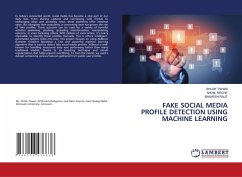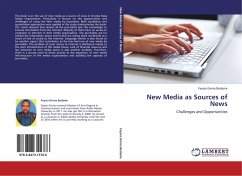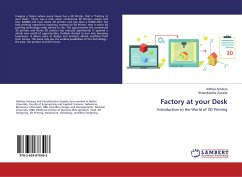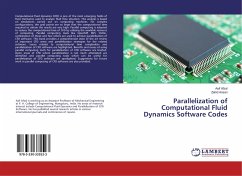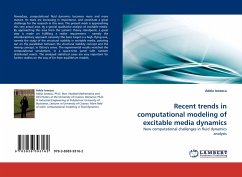
Recent trends in computational modeling of excitable media dynamics
New computational challenges in fluid dynamics analysis
Versandkostenfrei!
Versandfertig in 6-10 Tagen
32,99 €
inkl. MwSt.

PAYBACK Punkte
16 °P sammeln!
Nowadays, computational fluid dynamics becomes more and more mature. Its tools are increasing in importance, and constitute a great challenge for the research in this area. The present work is approaching this very actual area, by a special qualitative analysis of excitable media. By approaching this area from the systems' theory standpoint, a great step is made on fulfilling a realist requirement - namely the interdisciplinary approach necessity.The basic target is a high- flying one, namely the study of the structural stability in excitable media, pointing out on the parallelism between the ...
Nowadays, computational fluid dynamics becomes more and more mature. Its tools are increasing in importance, and constitute a great challenge for the research in this area. The present work is approaching this very actual area, by a special qualitative analysis of excitable media. By approaching this area from the systems' theory standpoint, a great step is made on fulfilling a realist requirement - namely the interdisciplinary approach necessity.The basic target is a high- flying one, namely the study of the structural stability in excitable media, pointing out on the parallelism between the structural stability concept and the mixing concept, in Ottino's sense. The experimental results matched the computational simulations, in a space-time panel with random distributed events. The analyzed statistical cases are very important for further studies on the way of far from equilibrium models.







